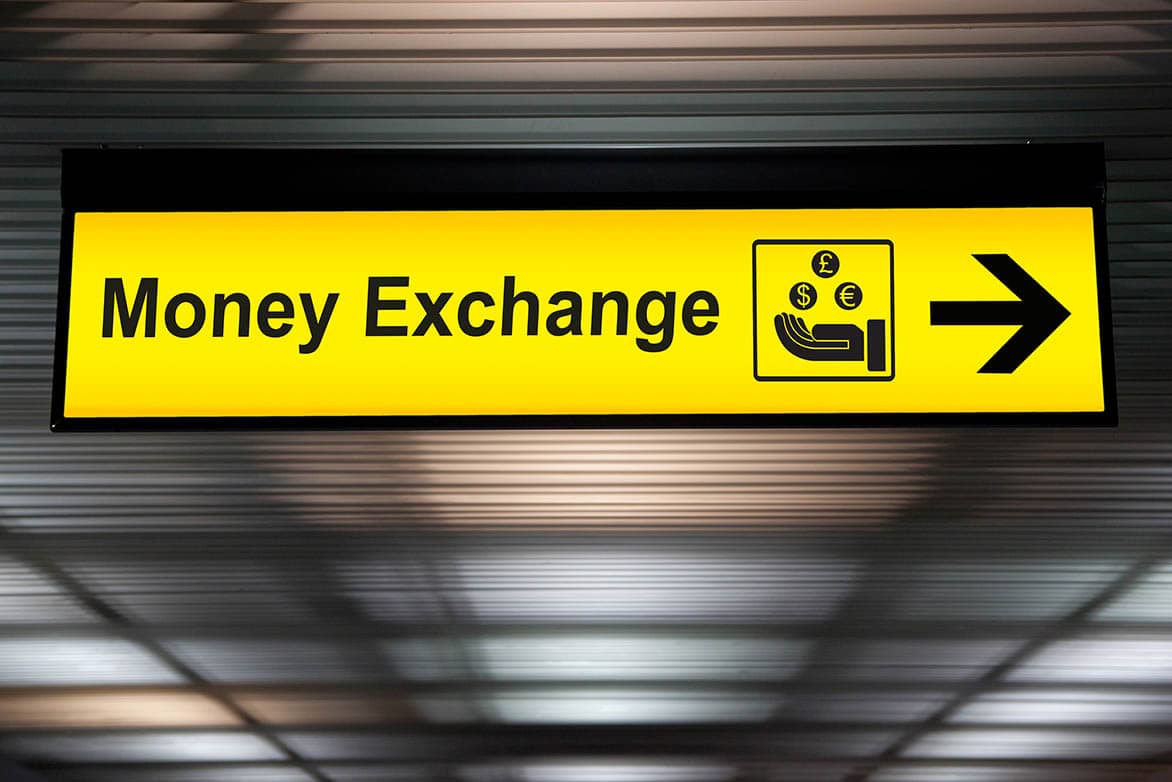Currency Fluctuations Cause Ripples In Global Gambling Trends
- Written by: Sam Coventry
-

Image © Adobe Images
The global gaming industry, a dynamic and rapidly evolving sector, is significantly impacted by various economic factors, with new data showing currency exchange rates to be increasingly relevant.
Currency exchange rates play a crucial role in shaping the international gambling market. These rates determine the cost and profitability of gambling activities for operators and players engaging in cross-border gaming.
For instance, a favourable exchange rate can make it more economical for players to participate in international gambling platforms, enhancing their willingness to wager more significant amounts.
Conversely, unfavourable rates can deter players due to higher costs, reducing market demand.
In Canada, the strength of the Canadian dollar against other major currencies can significantly influence the flow of gamblers to and from the country.
A solid Canadian dollar might make it more affordable for Canadians to gamble in foreign countries, while a weaker currency could attract international players to Canada's gambling sites.
Information shared by Yukon Gold Casino Ontario indicates that the use of the Canadian dollar has doubled over the past three years.
This exchange rate dynamic is mirrored in other countries, where local economic conditions and currency strengths shape the global gambling landscape.
In Canada, the gambling market is both influenced by and a contributor to the dynamics of currency exchange rates. The strength of the Canadian dollar plays a crucial role in determining the flow of gambling tourism into and out of the country.
A stronger Canadian dollar can encourage Canadians to travel abroad for gambling, as their currency holds more value in other countries. Conversely, a weaker Canadian dollar can attract international players to Canada, where their money can go further.
By the same token, operators of international online casinos and sportsbooks also face challenges due to currency exchange rates, as their revenue and expenses are often denominated in different currencies.
When a currency weakens, it can decrease payments for an operator if a significant portion of their customer base uses that currency.
Currency fluctuations directly impact market demand in the international gambling sector. A strong currency can increase gamblers' purchasing power, encouraging them to spend more in foreign online casinos.
For example, if the Euro strengthens against the US Dollar, European players might find it more appealing to play on American gambling sites, as their Euros can now buy more Dollars.
Conversely, when a currency weakens, players from that region may reduce their gambling activities on international sites due to increased costs. This fluctuation can decrease market demand from that region, affecting the global gaming industry's revenue streams.
Furthermore, currency fluctuations can also impact tourism-based gambling. Countries with weaker currencies might see an increase in foreign gamblers as their money has more
value there.
This scenario can boost the local gambling market, particularly in regions where casinos are a significant tourist attraction.
Mitigating the Risk
The global gaming industry has developed several strategies to mitigate the risks associated with currency exchange rate fluctuations. Many online gambling platforms offer multi-currency accounts, allowing players to deposit and withdraw in their preferred currency.
This flexibility helps reduce the impact of currency exchange rate volatility on players. Additionally, gambling operators often employ sophisticated financial strategies to hedge against significant currency risks.
These strategies include using financial instruments such as futures and options to lock in exchange rates and stabilise their revenue and profit margins.
While currency exchange rates pose challenges, they also present opportunities for the global gaming industry.
Savvy operators can capitalise on favourable exchange rate movements to attract players from specific regions by offering promotions and bonuses tailored to those markets.
Moreover, a diverse international customer base can help balance the effects of currency fluctuations, as losses in one market may be offset by gains in another.
